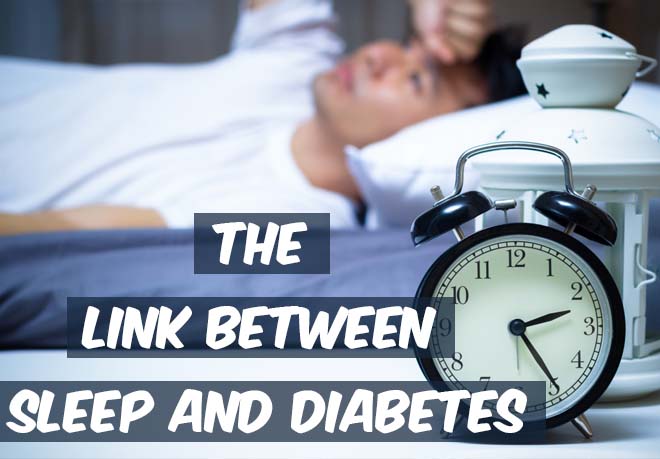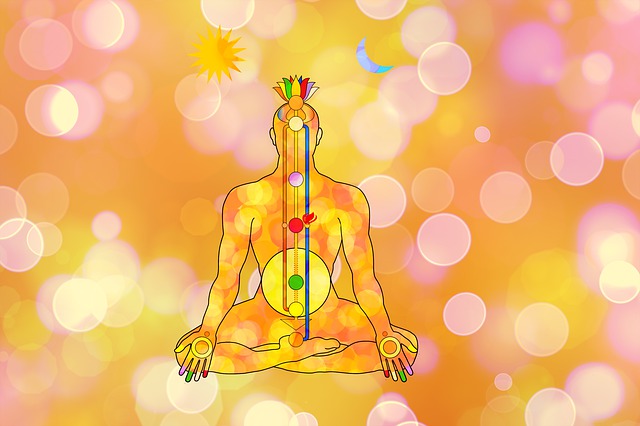
Vishuddha is the chakra located at your throat and neck, and incorporates your thyroid gland. It is one of the seven chakras in your bodies, which are believed to be vital energy centres. The Vishuddha chakra is supposed to be about choice, willpower and the right to speak and be heard.
Since it’s between the head and the heart it works to maintain integrity between what you think and what you feel. When you find it difficult to communicate or express your thoughts and feelings, when you do not believe you have the right to make choices for yourself that empower you or when you feel suppressed by swallowed emotions and feelings, is when the throat chakra is affected that often manifests as thyroid problems in the body.
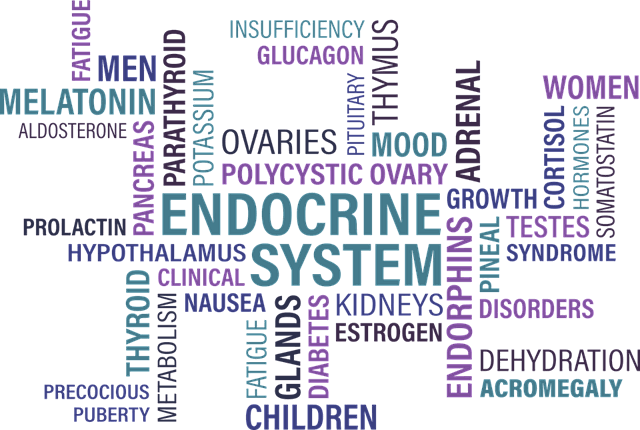
It is no wonder then that women are five to eight times more likely than men to have thyroid problems (as per American Thyroid Association, ATA). Of course, there are also huge hormonal events only specific to women like pregnancy and menopause, which exposes more women than men to it but for most of the time, women all over the world fail to listen to their inner voice, much less express it. Self-empowerment is the main lesson of this chakra symbol.
Now, self-empowerment comes from within. For first, it comes from taking ownership of the problem instead of blaming the ever-nurturing thyroid gland for weight gain, hair loss, forgetfulness, irritability etc. and second, from making efforts to deal with the hormonal imbalance by improvising your lifestyle before resorting to taking external thyroid hormones in the form of pills/ medicines.
The three main strategies for a healthy lifestyle that will support your thyroid gland (whether you have hypo or hyper thyroidism) and help you reach your optimum body weight (body composition) are-

1.NUTRITION – Nourish, nurture and support your thyroid gland with ‘real’ food and nutrients so that it can function efficiently. Real food is the food that is grown in a soil near you, not wrapped in fancy packaging and flown from a far away land. Processed, industrialized food is rich in sodium, salts and preservatives which creates havoc to the fine, delicate balance of sodium and potassium in your body cells. Hence, that packet of ‘high fibre’ biscuits, ‘multi-grain’ chips, ‘diet’ bhel, ‘anaaj wala’ breakfast cereal etc. that you open in the hope of losing weight, only puts additional stress to the already ‘overworking’ thyroid gland. That you feel only bloated and puffy (instead of feeling lighter) after consuming them only adds to the big, bad story of packaged, processed foods.
What to eat? Instead of hopping onto the latest diet trend wagon of either “low fat” or “low carb” or “high protein” diet, nourish your thyroid with wholesome food. One that is inclusive of all: fibre-rich carbs, indispensable amino acids (protein), essential fats along with vital vitamins and minerals.

The whole grains (jowar/ bajra/ nachni/ wheat/rice) that you eat in the form of rotis, bhaat, thepla, bhakri are not just fibre and carbs, it is also rich in iodine. Adequate iodine is essential for the synthesis of thyroid hormones, almost like basic building blocks. So the moment you give up on rice and roti to lose weight, your thyroid struggles all the more to function for you.
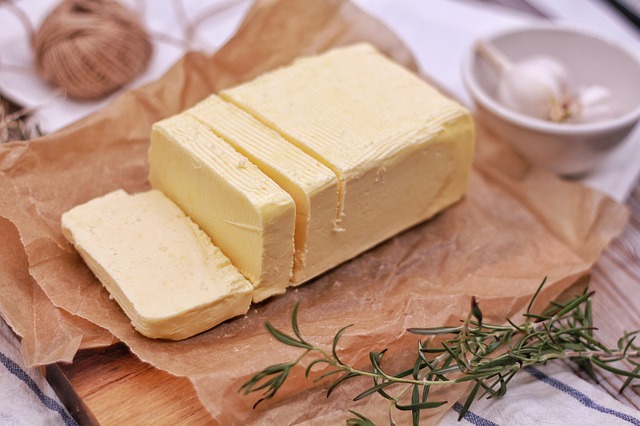
More and more research has found that deficiency of Vit D is significantly associated with thyroid gland malfunction. Now Vit D is a fat-soluble vitamin. So in order to make up for the low Vit D levels, to support your thyroid and to lose weight, you really cannot afford to be fussy about essential fats like ghee, coconut, white butter, filtered oils etc. Your ‘low fat’ ice-cream; ‘skimmed’, ‘double toned’ milk well, will actually do just the opposite for you!
Since iodine combines with tyrosine (protein) in the body to make thyroid hormones, adequate protein in the diet is important and is crucial to optimise metabolism of the body. Make friends with milk, curd, cheese, nuts, eggs, meat, fish, dal, legumes but remember eating them with your whole grains and essential fats. Wholesomeness is when you eat in combination v/s isolation. So say ‘NO’ to dinner of only ‘grilled fish’ and give a big high five to rice and fish curry. Hope you are getting the story!
2. EXERCISE – Thyroid hormones play an important role in bone mineral homeostasis and bone density. Both hyperthyroidism and hypothyroidism are associated with reduced BMD (bone mineral density) leading to increased fracture risk, osteoporosis and joint pain.

Consistent strength training will help increase BMD & strengthen your musculoskeletal system. Non-weight bearing cardio exercises (like swimming, cycling) will help burn fat without overstressing your joints. The practise of yoga & asana helps in opening and balancing the vishuddha chakra.
Hence, it is ideal to take a broad base approach in exercises too and do a combination of strength, cardio and yoga (on separate days)
3. SLEEP- Hypothyroidism is most often associated with fatigue, also called ‘adrenal fatigue’. And things that trigger ‘adrenal fatigue’ are stress and poor sleep. Deep, restorative sleep is hence crucial and one should be working towards getting enough sleep during the night and a 20 minutes “catnap” post lunch.

So eat, move, sleep and most important, speak and express yourself- assertively and fearlessly. Let your thyroid blossom and feel beautiful!
Read related articles on nutrition
How to Control High Blood Pressure & Stay Healthy?
Cholesterol and Indian diet: Time to stop worrying
PCOD Problem: Lifestyle transformation for women with PCOD
Diabetes control: Eat, Move, Sleep!
Confused by the misinformation about potential health problems with traditional Indian foods? Get in touch with award-winning Mumbai dietitian and nutritionist, Munmun Ganeriwal, a strong advocate of the holistic, wellness benefits of fresh, local, and traditional Indian foods.








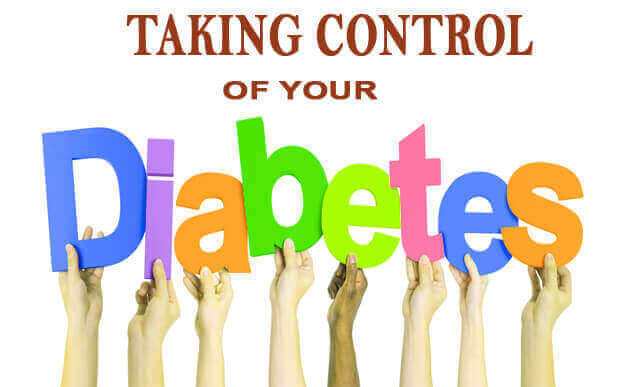
 In my practice, I have seen people switch to monk-like austerity and staying away from food that they like out of fear, after being diagnosed with diabetes. Such fear is unwarranted and in fact, tends to cause more problems. Instead, nutritional strategy for diabetes should be based on the following-
In my practice, I have seen people switch to monk-like austerity and staying away from food that they like out of fear, after being diagnosed with diabetes. Such fear is unwarranted and in fact, tends to cause more problems. Instead, nutritional strategy for diabetes should be based on the following-
